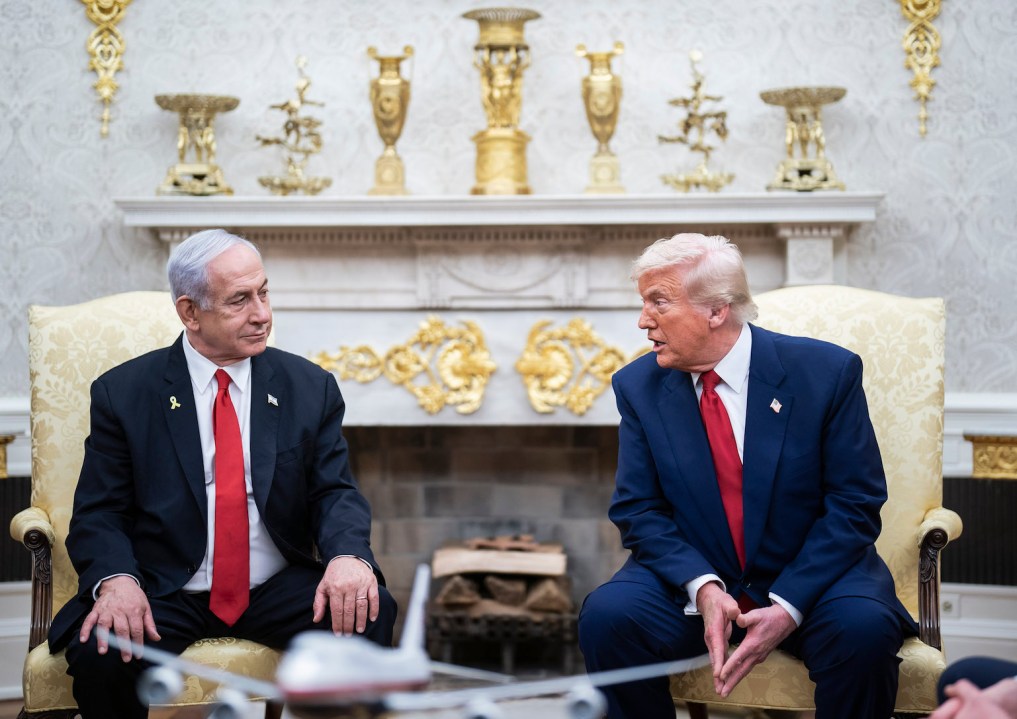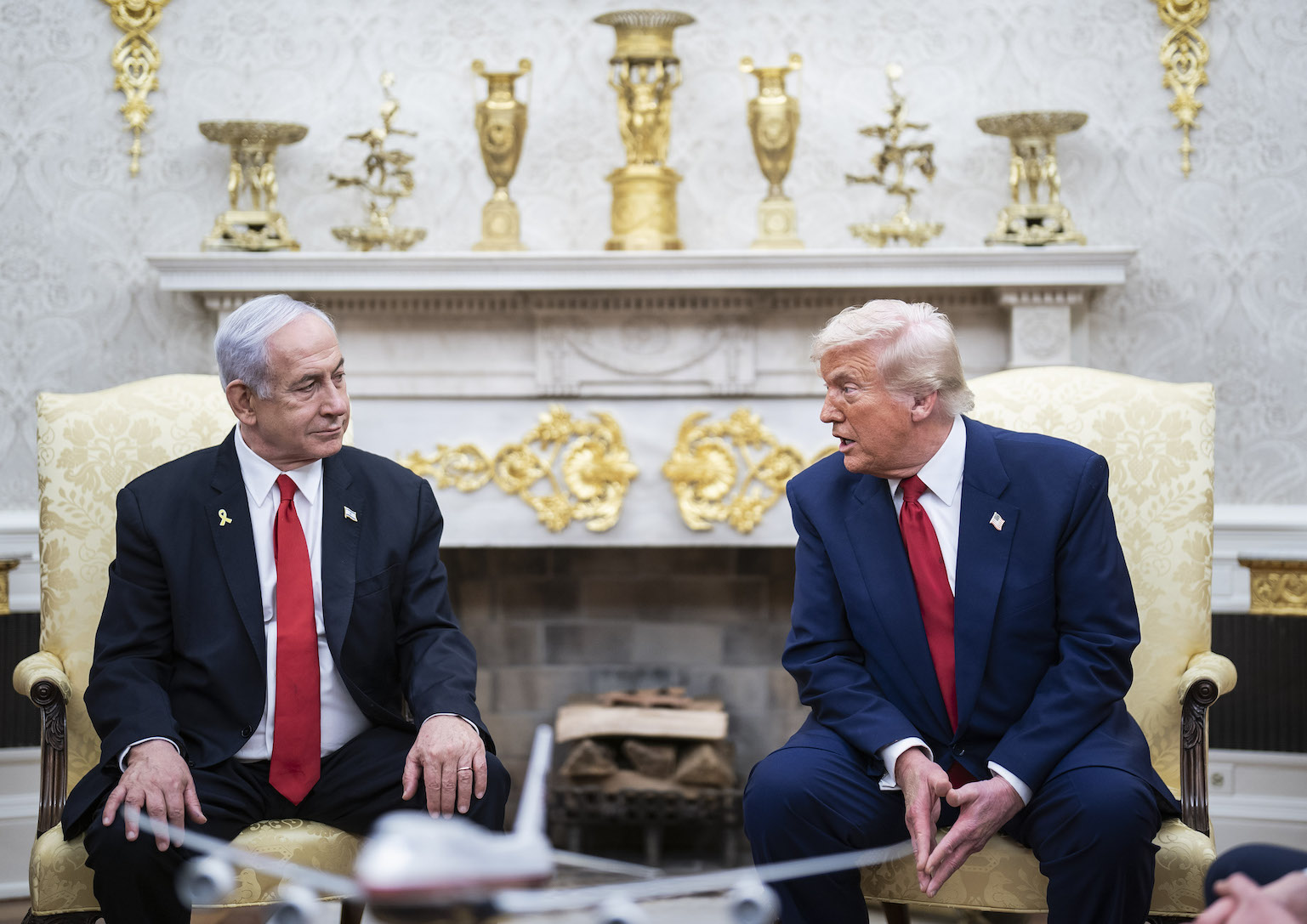The release of Edan Alexander, the last living American-Israeli hostage held by Hamas, was a moment of profound relief for his family and a rare flicker of hope for war-fatigued Israelis. The 21-year-old soldier, kidnapped on 7 October 2023, walked free on 12 May 2025 after 584 days in hell.
The jubilation was quickly muddied by political spin. Israeli Prime Minister Benjamin Netanyahu, ever the opportunist, claimed the release stemmed from Israel’s relentless military pressure. The truth, however, lies elsewhere: American backchannels, led by Trump’s special envoy Steve Witkoff, secured Alexander’s freedom through quiet diplomacy in Qatar, not IDF bombs in Gaza.
Netanyahu’s attempt to claim credit reveals a deeper rift: President Trump harbours little trust in Bibi. Trump has become increasingly frustrated with Netanyahu’s insistence on prolonging the Gaza war, a move many see as driven by Bibi’s need to preserve his fragile coalition, as the noose tightens around him with ongoing corruption trials and the ‘Qatargate’ scandal threatening his political survival.
Trump, by contrast, wants deals – fast, flashy ones anchored in his ‘America First’ brand. His Middle East strategy, unveiled during his current Gulf visit, sidelines Israel in ways that highlight a clash of personal interests.
Trump’s priorities are clear: end wars, secure US economic gains, and cement his legacy. Witkoff reportedly told hostage families that Israel’s war prolongation delays resolutions, a blunt jab at Bibi’s tactics which are already deeply unpopular in Israel.
Trump’s Middle East tour, notably excluding Israel, underscores this disconnect. He is negotiating a civilian nuclear deal with Iran, leaving Israel – a nation understandably on edge about Tehran’s ambitions – out of the loop. His deal with the Houthis, lacks guarantees they’ll stop attacking Israel, prioritising Red Sea trade over an American ally’s safety. Most strikingly, Trump has dropped Biden’s demand that Saudi Arabia normalise ties with Israel as a condition for a US security pact, gutting a pillar of Israel’s regional integration and undermining the establishment of a powerful regional coalition to counter the Iranian threat.
This isn’t the Trump of 2017, who moved the US embassy to Jerusalem and brokered the Abraham Accords. That Trump aligned with Bibi’s hawkish vision. Today’s Trump, obsessed with personal deal-making, sees Bibi’s war as a liability. Netanyahu’s government, propped up by far-right ministers, thrives on military escalation; ending the war risks its collapse. Trump, meanwhile, wants a Gulf-focused legacy – skyscrapers and oil deals, not IDF campaigns. Both leaders put personal interests first, but their goals diverge: Bibi’s survival hinges on conflict, Trump’s on closure.
Does Trump’s strategy put Israel at risk? Unequivocally yes. By sidelining Israel in Iran talks, he emboldens a regime that funds Hamas and Hezbollah and aims to annihilate Israel. The Houthi deal leaves Israel to fight missile barrages largely on its own. (The US stopped their campaign but their anti-missile defence system, Thaad, remains). Scrapping Saudi normalisation isolates Israel diplomatically.
Pressure from Trump could push Hamas into a deal to cede power and arms
Pressure from Trump could push Hamas, squeezed by Qatar and Iran, into a deal to cede power and arms, and release the remaining hostages, thereby ending the war – a goal backed by the vast majority of Israelis, despite Bibi’s resistance. Hamas’s history of broken ceasefires, however, demands airtight verification, a detail Trump’s deal-making may skimp.
The surprise release of Edan Alexander encapsulates this fracture. His release, a diplomatic win for Trump, exposed Bibi’s hollow bravado. American efforts, not Israeli might, brought him home, yet Netanyahu’s spin reveals his desperation to cling to power. Trump’s distrust of Bibi signals a US pivot away from Israel’s orbit. As Trump courts Gulf monarchs and Turkey’s Erdogan, Israel faces a lonely fight.
Trump’s ‘America First’ tactics may soon force Netanyahu to choose between appeasing the US, Israel’s vital ally providing it with billions in military aid that it could not do without, and his far-right ministers, whose demands for prolonged war in Gaza could topple his fragile coalition. The region’s only democracy deserves better than being collateral damage in Trump’s quest for headlines and Bibi’s hunt for political survival.








Comments